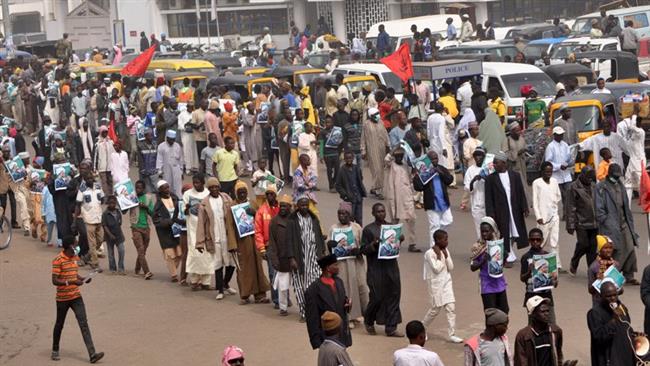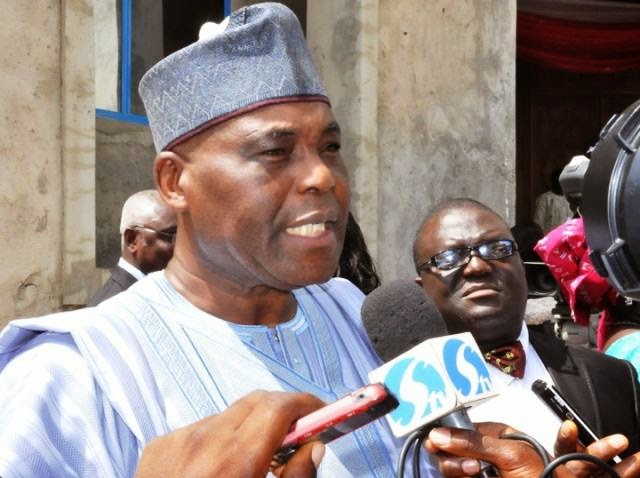The Central Bank Egypt has agreed to take a $12 billion loan facility from the International Monetary Fund (IMF) for the implementation of quick economic reforms needed in the economy
Chris Jarvis, team lead of the IMF mission in Egypt, disclosed on Thursday, after two weeks in the north African country.
“I am pleased to announce that, in support of the government’s economic reform program, the Egyptian government, the Central Bank of Egypt (CBE) and the IMF team have reached a staff-level agreement on a three-year Extended Fund Facility (EFF) in the amount of SDR 8.5966 billion (422 percent of quota or about US$12 billion),” he said.
“This agreement is subject to approval by the IMF’s Executive Board, which is expected to consider Egypt’s request in the coming weeks.
Advertisement
“Egypt is a strong country with great potential but it has some problems that need to be fixed urgently. The EFF supports the authorities’ comprehensive economic reform program as stated in the government plan approved by the parliament.
Jarvis said “the government recognizes the need for quick implementation of economic reforms for Egypt to restore macroeconomic stability and to support strong, sustainable and job-rich growth”.
“The program aims to improve the functioning of the foreign exchange markets, bring down the budget deficit and government debt, and to raise growth and create jobs, especially for women and young people. It also aims to strengthen the social safety net to protect the vulnerable during the process of adjustment.
Advertisement
“The government’s fiscal policy will be anchored to placing public debt on a clearly declining path toward more sustainable levels. Over the program period general government debt is expected to decline from about 98% in 15/16 to about 88% of GDP in 2018/19.
“The aim is to raise revenue and rationalize spending, to reduce the deficit and to free up public funds for high-priority spending, such as infrastructure, health and education, and social protection.
“As indicated in the budget approved by the parliament, the government will adopt the VAT law after approval by the parliament, and will continue the program begun in 2014 to rationalize energy subsidies. It will advance the structural reform agenda to help increase investment and strengthen the role of the private sector”
FOOD SUBSIDY AND SOCIAL PROTECTION
Advertisement
Jarvis said the Egyptian government, as part of its plans for the economy and the loan facility, will give social protection and food subsidy.
“Social protection is a cornerstone in the government’s reform program. Budgetary savings that come from other measures will be partially spent on social protection: including specifically food subsidies and targeted social transfers.
“The social protection measures will preserve or increase support for insurance and medicine for the poor, subsidies for infant milk and medicine for children, health insurance for young children and female primary providers, and vocational training for youth.
“The government will also develop a plan to enhance the school meals program. Priority will also be given to investment in public infrastructure.
Advertisement
“The CBE monetary and exchange rate policy will aim to improve the functioning of the foreign exchange market, increase foreign reserves, and bring down inflation to single digits during the program. Moving to a flexible exchange rate regime will strengthen competitiveness, support exports and tourism and attract foreign direct
Advertisement







